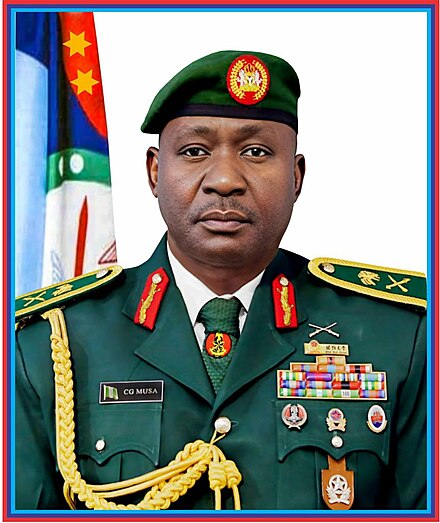The Nigerian Office for Trade Negotiations (NOTN) and key stakeholders have reached an agreement on Nigeria’s draft Offer for Specific Commitment under the African Continental Free
by Lucy Ogalue
The Nigerian Office for Trade Negotiations (NOTN) and key stakeholders have reached an agreement on Nigeria’s draft Offer for Specific Commitment under the African Continental Free Trade Area (AfCFTA) Protocol on Trade in Services.
The consensus was reached during a one-day validation meeting organised by NOTN in Abuja on Tuesday to finalize the draft offer for submission to the AfCFTA Secretariat.
This is contained in a communique on Wednesday in Abuja.
The News Agency of Nigera (NAN) reports that the purpose of the meeting is to consider the additional inputs made by relevant stakeholders on the draft Offer.
The meeting was attended by relevant key players on the five priority sectors, namely, Business, Communication, Financial, Tourism and Transport sector.
The meeting was convened to validate Nigeria’s Conditional Revised Offer for Specific Commitment under the Protocol on Trade in Services (TIS) of the AfCFTA Agreement.
“This decision aims to expedite the negotiating process and mitigate the complexities associated with the Economic Commission for West African States (ECOWAS) Combined Offer for Trade in Services.
“Additionally, it was recommended that discussions commence on reviewing Nigeria’s commitments in Trade in Services under the (World Trade Organisation) WTO, which have not been updated in 30 years,” it said.
In his remarks, Amb. Yonov Agah, NOTN ‘s Director-General, emphasised the significance of the meeting as an opportunity for stakeholders to review and finalise the Offer before transmission to the AfCFTA Secretariat.
Agah restated the importance of inclusiveness in the process and highlighted that the services sector contributed between 60 per cent and 70 per cent to Nigeria’s Gross Domestic Product (GDP).
He elaborated on the discussions held during the Enlarged National Focal Point (ENFP) meeting, where challenges related to the ECOWAS combined offer were assessed.
He urged participants to capitalise on the benefits derived from the services sector through the Draft Offer.
” The meeting included technical discussions on the status of the Protocol on Trade in Services, as well as detailed deliberations on Nigeria’s Offer and its implications within the broader ECOWAS framework.
” Stakeholders from key sectors, including Business, Communication, Financial, Tourism, and Transport, actively engaged in the process, acknowledging the intricacies of the regional trade framework.,” he said.
NAN reports that AfCFTA was founded in 2018, with trade commencing on Jan. 1, 2021.
As the second-largest free-trade area after the World Trade Organisation, with 44 signatories among the 55 member states of the African Union, the fundamental objectives of the AfCFTA are to remove trade barriers and restrictions among the member countries and enhance free trade, movement of business professionals, and investments among state parties.
More so, pursuant to the agreement, the AfCFTA is meant to boost socio-economic development, lessen the rate of poverty, and ensure the economic competitiveness of Africa in the world.
The United Nations Economic Commission for Africa [UNECA]believed that the implementation of the agreement could boost intra-African trade by 52 per cent by 2022 and bridge the gap with intraregional trade quotas now defining Asia (51 per cent , North America (54 per cent), and Europe (67 per cent).
On Dec. 5, 2020, Nigeria became the 34th party to the AfCFTA agreement after formally ratifying it.
Being the largest economy in Africa, with an estimated population of 211.4 million people in 2022, according to Trading Economics, Nigeria’s formal commitment to the AfCFTA has elicited interest among stakeholders and raised hope in Africa, galvanising the prospects the AfCFTA provides in an economy of 2.5 trillion dollars nd in setting a new agenda for African development. (NAN)





